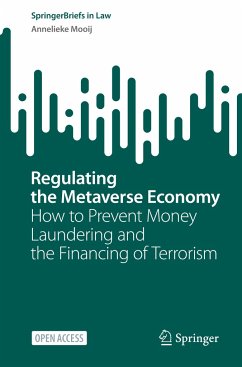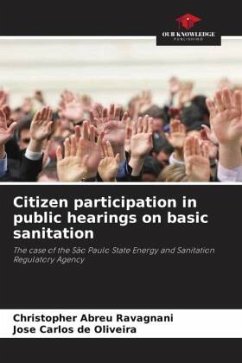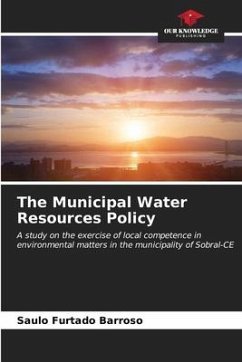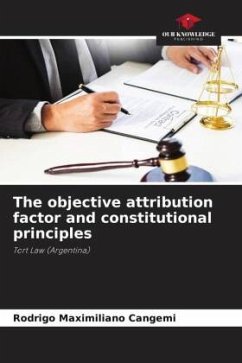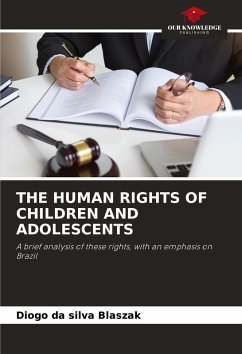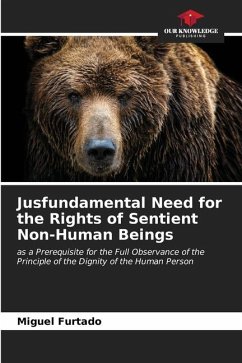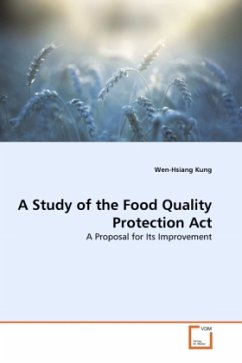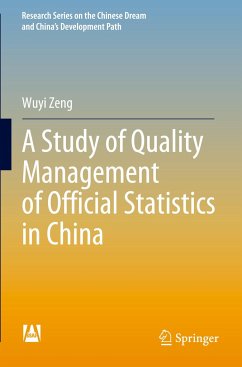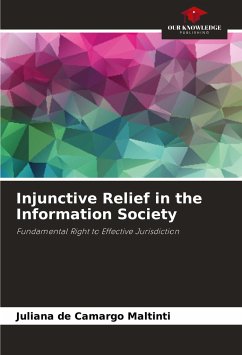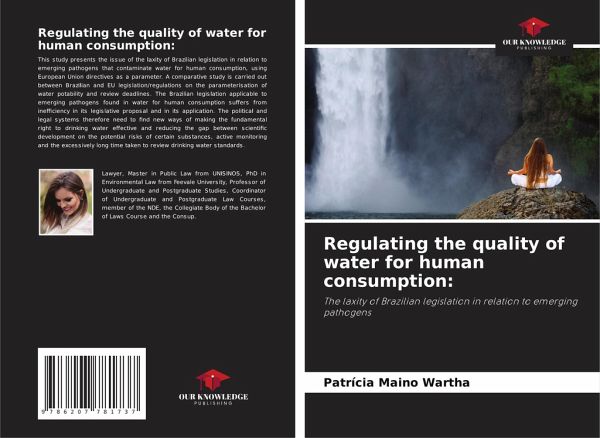
Regulating the quality of water for human consumption:
The laxity of Brazilian legislation in relation to emerging pathogens
Versandkostenfrei!
Versandfertig in 6-10 Tagen
27,99 €
inkl. MwSt.

PAYBACK Punkte
14 °P sammeln!
This study presents the issue of the laxity of Brazilian legislation in relation to emerging pathogens that contaminate water for human consumption, using European Union directives as a parameter. A comparative study is carried out between Brazilian and EU legislation/regulations on the parameterisation of water potability and review deadlines. The Brazilian legislation applicable to emerging pathogens found in water for human consumption suffers from inefficiency in its legislative proposal and in its application. The political and legal systems therefore need to find new ways of making the f...
This study presents the issue of the laxity of Brazilian legislation in relation to emerging pathogens that contaminate water for human consumption, using European Union directives as a parameter. A comparative study is carried out between Brazilian and EU legislation/regulations on the parameterisation of water potability and review deadlines. The Brazilian legislation applicable to emerging pathogens found in water for human consumption suffers from inefficiency in its legislative proposal and in its application. The political and legal systems therefore need to find new ways of making the fundamental right to drinking water effective and reducing the gap between scientific development on the potential risks of certain substances, active monitoring and the excessively long time taken to review drinking water standards.





